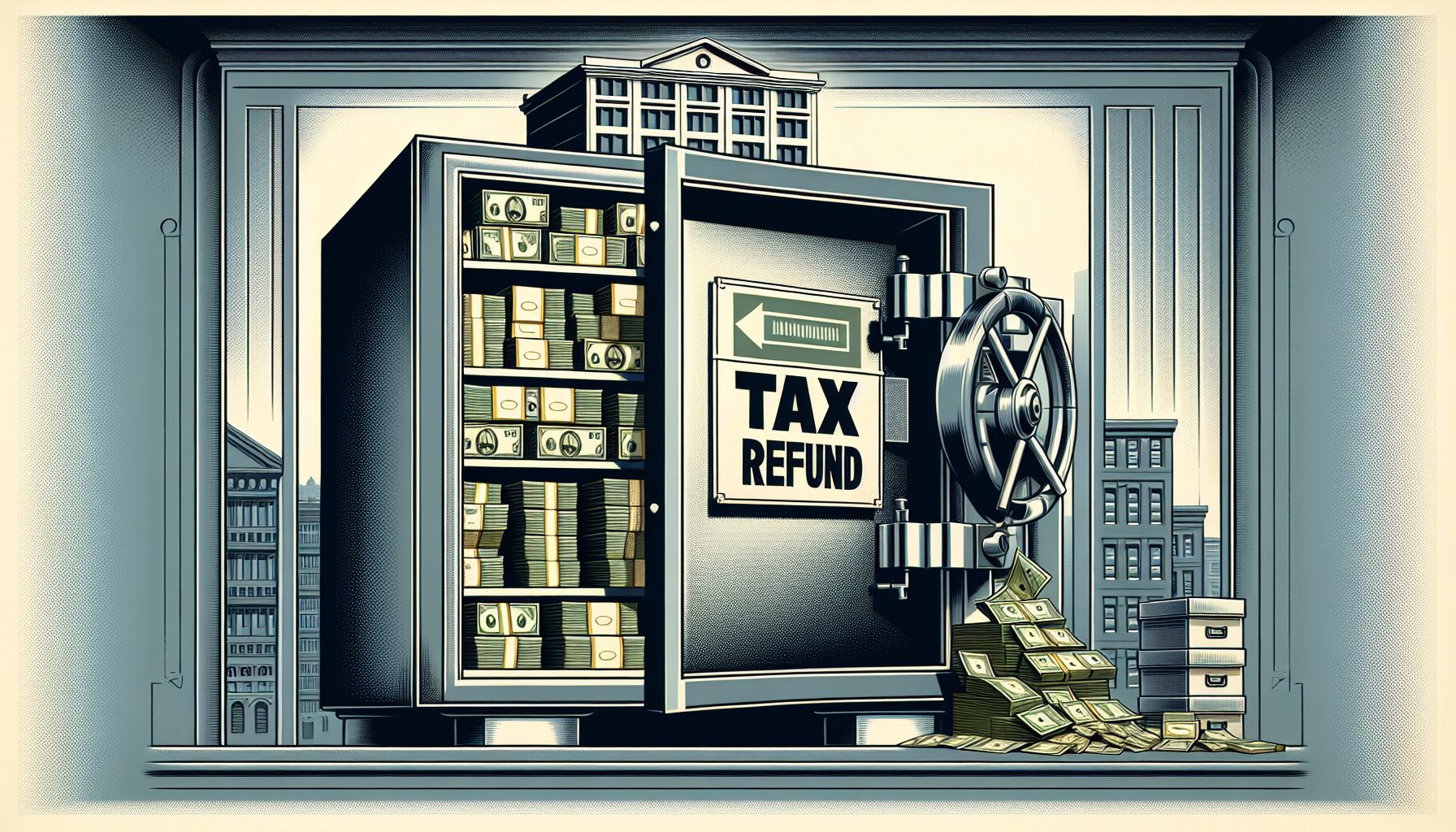The U.S. Internal Revenue Service (IRS) recently announced that nearly 940,000 taxpayers are yet to claim about $1 billion in tax refunds for 2020. As the May 17 tax filing deadline nears, the IRS is urging all eligible taxpayers to claim these refunds, most of which belong to those who did not file a 2016 tax return.
IRS Commissioner Danny Werfel expressed his worry over people potentially missing their refunds. He encouraged swift action to ensure no one leaves unclaimed money on the table and reminded everyone to stay informed and updated with tax procedures.
Interestingly, California leads all U.S. states in unfiled 2020 tax returns, with over 88,000 people potentially missing out on an average refund of about $835. These unclaimed refunds amount to a total of $73.6 million for Californians alone. The IRS is encouraging immediate action from these taxpayers, citing various reasons such as lack of knowledge or fear of the complex tax system for delay.
Ordinarily, unclaimed tax refunds must be claimed within three years before they become the property of the U.S. Treasury.
Prompt claiming urged for unfiled tax refunds
However, due to COVID-19, this deadline has been extended by a year for the 2020 tax year. This change only applies to federal taxes, and taxpayers must consult with a tax professional to understand their state’s specific regulations.
Werfel recognized that the pandemic’s challenging circumstances might have led some taxpayers, particularly students and part-time workers, to overlook potential refunds. He stressed the negative impact especially for low- and moderate-income workers who could lose benefits, such as the Earned Income Tax Credit (EITC), if they fail to file their tax returns.
Lastly, the IRS noted that 2020 refunds could be withheld for those with incomplete 2021 or 2022 tax returns. Additionally, any unclaimed refunds may be used to offset existing IRS or state tax debts. Ignoring tax debts will only worsen the situation, and it’s advised to contact the IRS directly if unable to afford payments. The IRS often prefers setting up a payment plan over taking severe actions.










